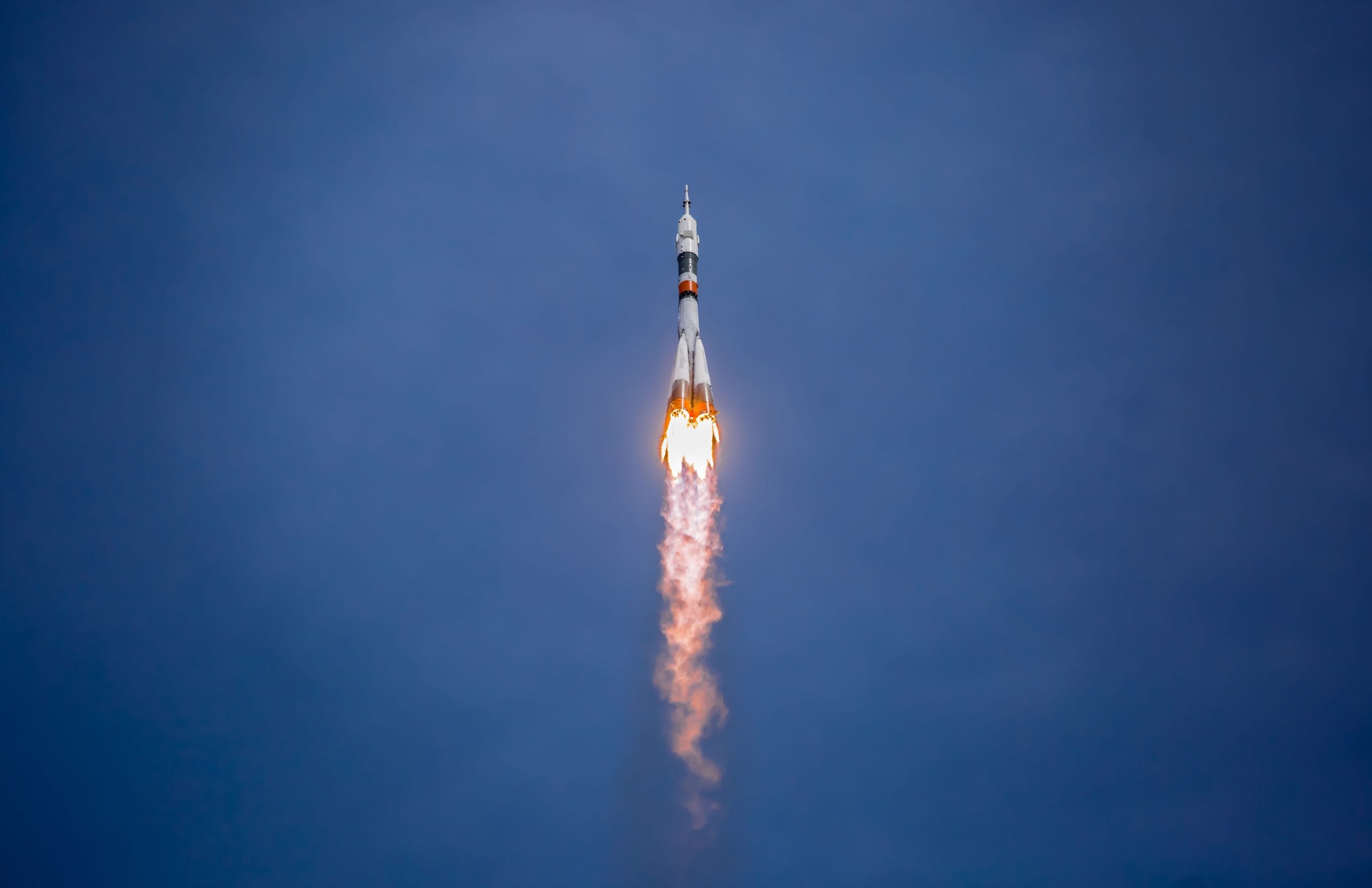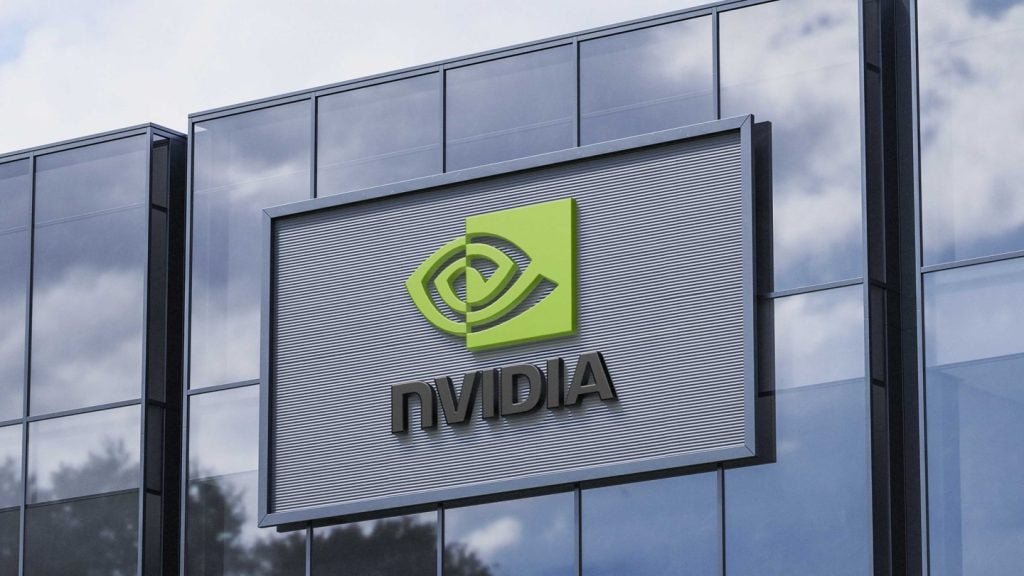
A new contender has emerged in the global space race, as Chinese startup Orienspace successfully launched its first rocket from the Yellow Sea.
The move marks a significant step forward for China’s ambitions to become a major player in space exploration and intensifies ongoing competition with established players like Elon Musk’s SpaceX.

Access deeper industry intelligence
Experience unmatched clarity with a single platform that combines unique data, AI, and human expertise.
The mid-sized rocket, Gravity-1, blasted off from a ship near the coastal city of Haiyang today (11 January), carrying three satellites into orbit.
This launch marks the ninth time China has used a sea-based platform, solidifying its position as the only major spacefaring nation heavily invested in offshore missions.
The three satellites aboard Gravity-1, developed by Chang Guang Satellite Technology Company, will play a crucial role in meteorological analysis, weather forecasting, and disaster warning efforts.
The company, founded in 2020, has already attracted significant investment, raising around $150m from firms including Sequoia China and Matrix Partners China.

US Tariffs are shifting - will you react or anticipate?
Don’t let policy changes catch you off guard. Stay proactive with real-time data and expert analysis.
By GlobalDataOrienspace joins the likes of China’s Galactic Energy Aerospace Technology Company and the state-owned China Academy of Launch Vehicle Technology in pushing the boundaries of China’s space program.
As private players like SpaceX continue to dominate the gobal industry, China’s innovative approach and growing ambitions make it clear that the space race is far from won.
In 2022, the space economy was valued at approximately $450bn by research company GlobalData which predicts it could be worth between $760bn and $1trn by 2030.
GlobalData’s Thematic Intelligence: Space Economy 2023 report found that the industry had seen a recent influx of startups and privately owned companies. Investor interest, clear market gaps and technological advancements were the main factors credited to this.







